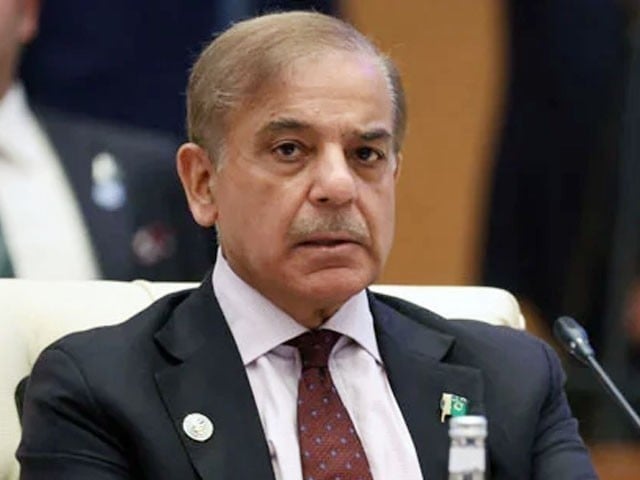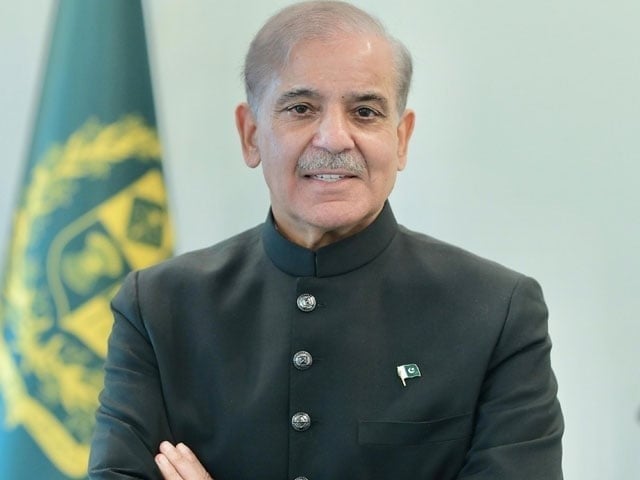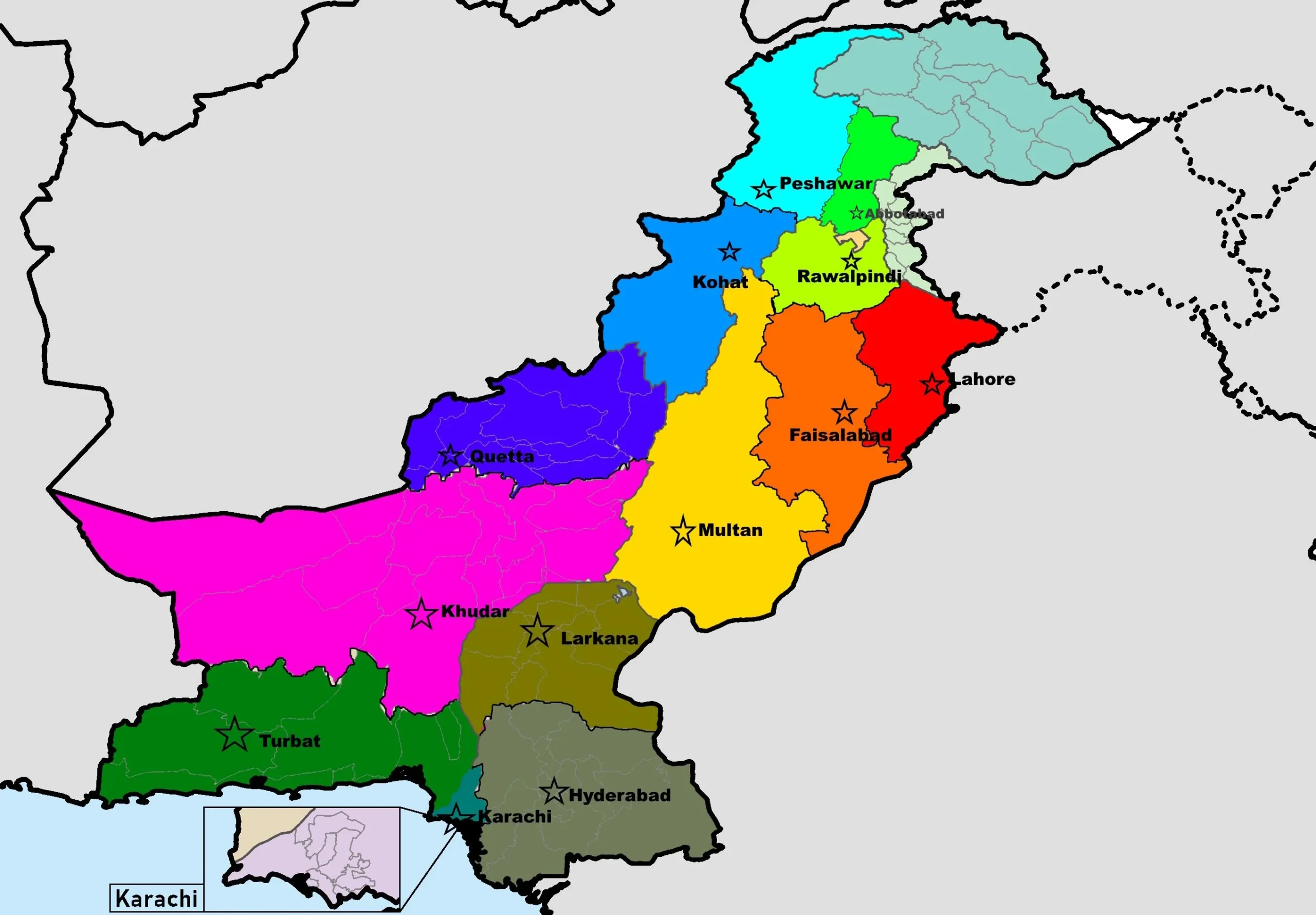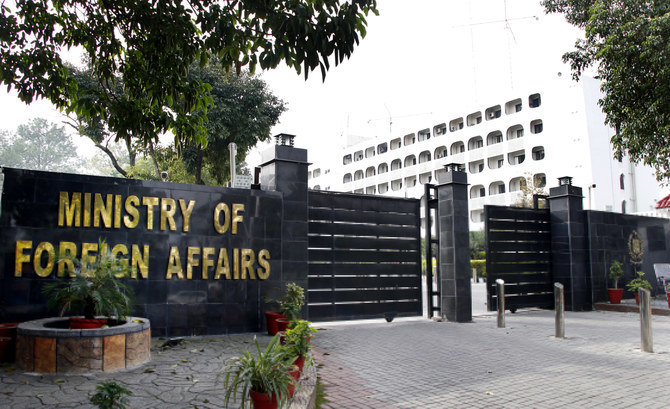Today, Prime Minister Shehbaz Sharif will preside over the National Economic Council (NEC) meeting at the Prime Minister’s House, a testament to the collaborative nature of our economic planning. The meeting will be attended by the four provincial chief ministers and representatives of the Federation and provinces, highlighting our shared responsibility for Pakistan’s economic development.
The primary agenda of the meeting is the presentation of the development program for the next financial year for approval, with a review of the current financial year’s development program also slated for discussion.
Among the key decisions to be made, the NEC will deliberate and approve economic targets for the new financial year (2024-25). Additionally, the 13th 5-year plan (2024-2029) is scheduled to be presented for approval during the meeting.
The proposed economic growth target for the next fiscal year is set at 3.6 percent, representing a slight increase from the 3.5 percent target for the current fiscal year (2023-24). Furthermore, the average inflation target for the upcoming fiscal year is proposed to be at 12 percent, a notable decrease from the 21 percent average inflation target for the ongoing fiscal year.
In terms of sector-specific targets, a growth target of 2 per cent for the agriculture sector in the new financial year is proposed, down from the 3.5 per cent target for the current fiscal year. The industrial sector growth target is proposed to be 4.4 per cent for the next financial year, reflecting an increase from the 3.4 per cent target for the current financial year. Similarly, the services sector growth target for the new financial year is proposed to be 4.1 per cent, up from the 3.6 per cent target for the ongoing fiscal year.
Moreover, the NEC will review the proposed public investment for the next financial year and assess the federal development program along with the provincial annual development plan. The development plan of state-owned enterprises and the progress report of ECNEC and the Central Development Working Party will also come under scrutiny.
Sources reveal that the federal government, in a testament to its meticulous planning and preparation, has formulated a comprehensive five-year plan (2024-2029) to set significant economic goals. This plan incorporates a macroeconomic framework that encompasses crucial aspects such as energy, balance of payments, development budget, food and agriculture, population, poverty, and governance reforms. The plan is set to be approved in the budget of the next financial year, instilling confidence in the proposed economic targets.
This NEC meeting, a pivotal forum for setting economic targets and charting the course for Pakistan’s economic development in the coming years, underscores the crucial role of each participant in shaping the nation’s future.
















